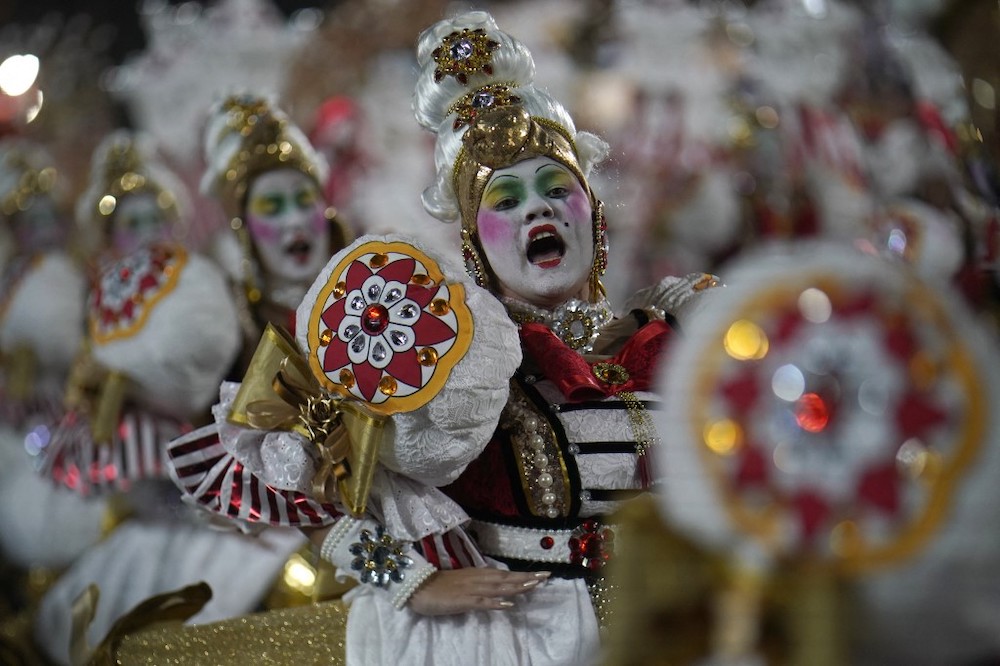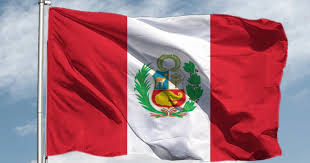
RIO DE JANERIO, April 23 (NNN-AGENCIES) — Rio de Janeiro’s carnival, a glittering, sequin-studded festival of the flesh, exploded back to life Friday with the first famed samba school parades since COVID-19 hit Brazil.
After two long years of face masks, social-distancing and death, a sparkling sea of dancers, drummers and multi-storey floats reclaimed the “Sambadrome,” the iconic beach city’s carnival parade venue, which had been turned into a drive-through vaccination centre at the height of the health crisis.
The all-night parades by the city’s top samba schools Friday and Saturday are the first since February 2020, marking a turning point for hard-hit Brazil, where COVID-19 has claimed more than 660,000 lives – second only to the United States.
The festivities were hit by tragedy, however, when an 11-year-old girl died after being injured in a float accident during a lower-level samba school parade contest Wednesday.
There were concerns carnival would be axed again this year, after Rio authorities canceled it last year and then postponed this edition by two months from the traditional dates – just before the Catholic season of Lent – over fears of the Omicron variant spreading.
But with more than 75 per cent of Brazil’s 213 million people now fully vaccinated, the average weekly COVID-19 death toll has plunged from more than 3,000 a year ago to around 100 – allowing the show to go on.
All participants and the 75,000 attendees expected each night are required to present proof of vaccination.
Each samba school in the competition has 60 to 70 minutes to tell a story in music and dance, which is evaluated on nine criteria by the jury.
The reigning champions, Viradouro, chose as their theme Rio’s epic 1919 carnival – the first celebrated after the devastation of another pandemic, the Spanish flu.
“No sadness can withstand so much joy,” says their samba theme song.
Other schools picked themes charged with social messages, with Brazil facing divisive elections in October expected to pit far-right President Jair Bolsonaro against leftist ex-leader Luiz Inacio Lula da Silva.
Of the 12 schools, eight chose themes dealing with racism or Afro-Brazilian culture and history, loaded issues in a country where the current president has faced frequent accusations of racism.
Carnival should also provide some needed relief for the pandemic-battered economy.
Beyond the swirl of floats, feathers and barely covered flesh, carnival is big business, moving some four billion reais (US$800 million) and creating at least 45,000 jobs, according to official figures.
Participants were just happy the party was on.
“We’ve had two years of so much darkness in the world,” said Latino Suarez, 45, who traveled from Sao Paulo to parade.
“Brazil without carnival isn’t Brazil. It’s part of who we are.” — NNN-AGENCIES





